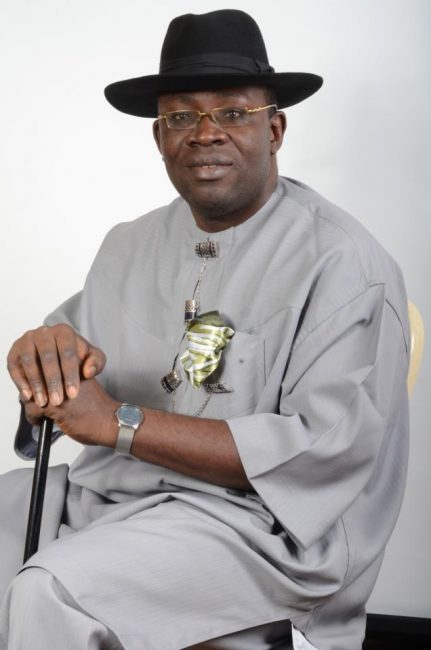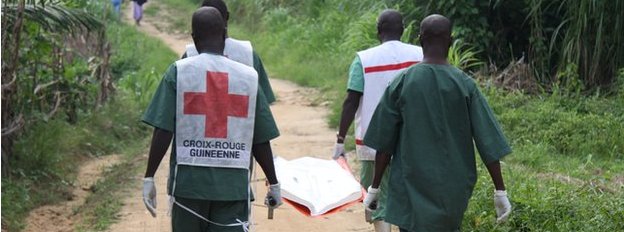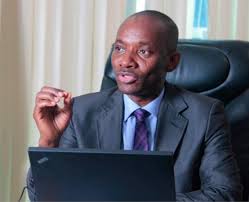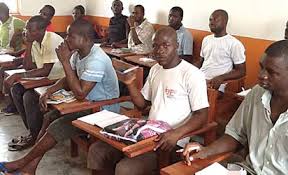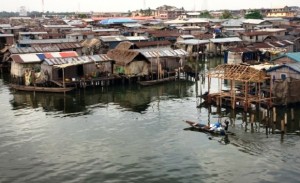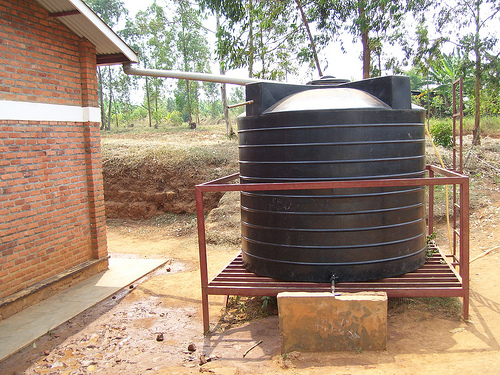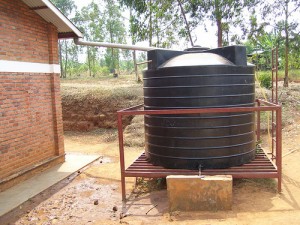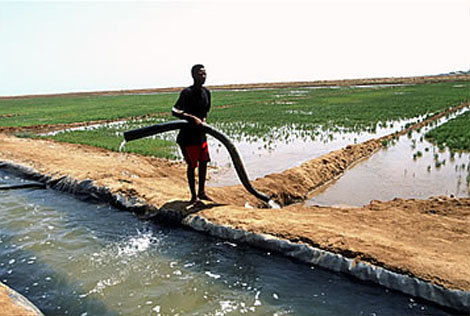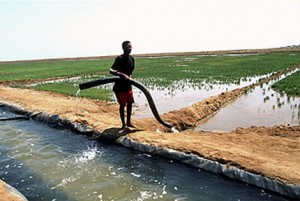“I stand here today as part of a team of dedicated professionals who have worked with me over the past 22 years. It is a tremendous honour for all of us in Durban,” Neil Macleod of eThekwini Water and Sanitation said on Tuesday in Stockholm, Sweden while receiving the 2014 Stockholm Industry Water Award from SIWI chairman, Peter Forssman.
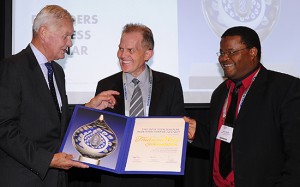
In his acceptance speech, Macleod underlined the role policy has had in the success of eThekwini Water and Sanitation. “If the politicians had not dared to take bold decisions, we would not have been able to do what we did. You need an enabling environment,” he said.
South Africa’s constitution from 1996, praised as a model for inclusion of social rights, enshrined the human right to water. Local government was tasked with putting it into practice. Soon after, Durban, one of the country’s main urban centres, expanded its administrative boundaries to include 3.5 million people, some of them living in poorly serviced rural areas with huge water and sanitation challenges. The eThekwini municipality decided to face these challenges head-on.
“We faced huge challenges when we were formed 22 years ago in the lead-up to massive political changes in South Africa. But necessity is the mother of invention,” said Neil Macleod.
“eThekwini has championed the approach to provide sufficient water to sustain human life, as expressed in the South African constitution, now embedded in national policy. The methods used and results achieved by eThekwini Water and Sanitation serve as a sterling example for the many communities worldwide facing similar challenges,” stated the Stockholm Industry Water Award (SIWA) jury in its citation.
In the past 14 years, 1.3 million additional people in greater Durban have been connected to piped water and 700,000 people have been provided with access to toilets. Access to basic water supply and sanitation is provided at no cost to poor families, while higher levels of service and consumption are charged at full cost, thus respecting the constitutional right to water while maintaining financial sustainability.
In addition to successfully providing basic services to a large and diverse population, eThekwini Water and Sanitation is at the forefront of exploring technical and social solutions. One example is a mini hydro-power project: instead of using pressure reducing valves in pipes running down steep hillsides, the company is installing mini turbines using the excess pressure to generate electricity for the city’s low tension grid. The eThekwini municipality is also pioneering solutions to convert urban wastewater challenges to agricultural opportunities as well as harvesting rainwater.
The combined result is one of the most progressive utilities in the world. The open approach to experimenting and piloting new solutions across both technical and social aspects of service delivery has made eThekwini a forerunner in the world of utility-run services.
Water and Sanitation unit of eThekwini Municipality was established in 1992. It manages the water and sanitation services for the 3.5 million people living in the Durban area, and has worked with some of the world’s major actors and knowledge hubs in water and sanitation as well as development, such as the Bill and Melinda Gates Foundation, the World Bank, the University of KwaZulu-Natal, Borda, Eawag, the Renewable Energy and Energy Efficiency Partnership and DHI. Its methods have been replicated across the country and region, and eThekwini representatives are successfully sharing and disseminating their findings and working methods.
The SIWA was established in 2000 to stimulate and celebrate outstanding and transformative water achievements by companies in improving production, managing risks, finding solutions and contributing to wise water management. The Royal Swedish Academy of Engineering Sciences (IVA) and the World Business Council for Sustainable Development (WBCSD) were partners in establishing the award, which is also supported by International Water Association (IWA) and World Wide Fund for Nature (WWF).


